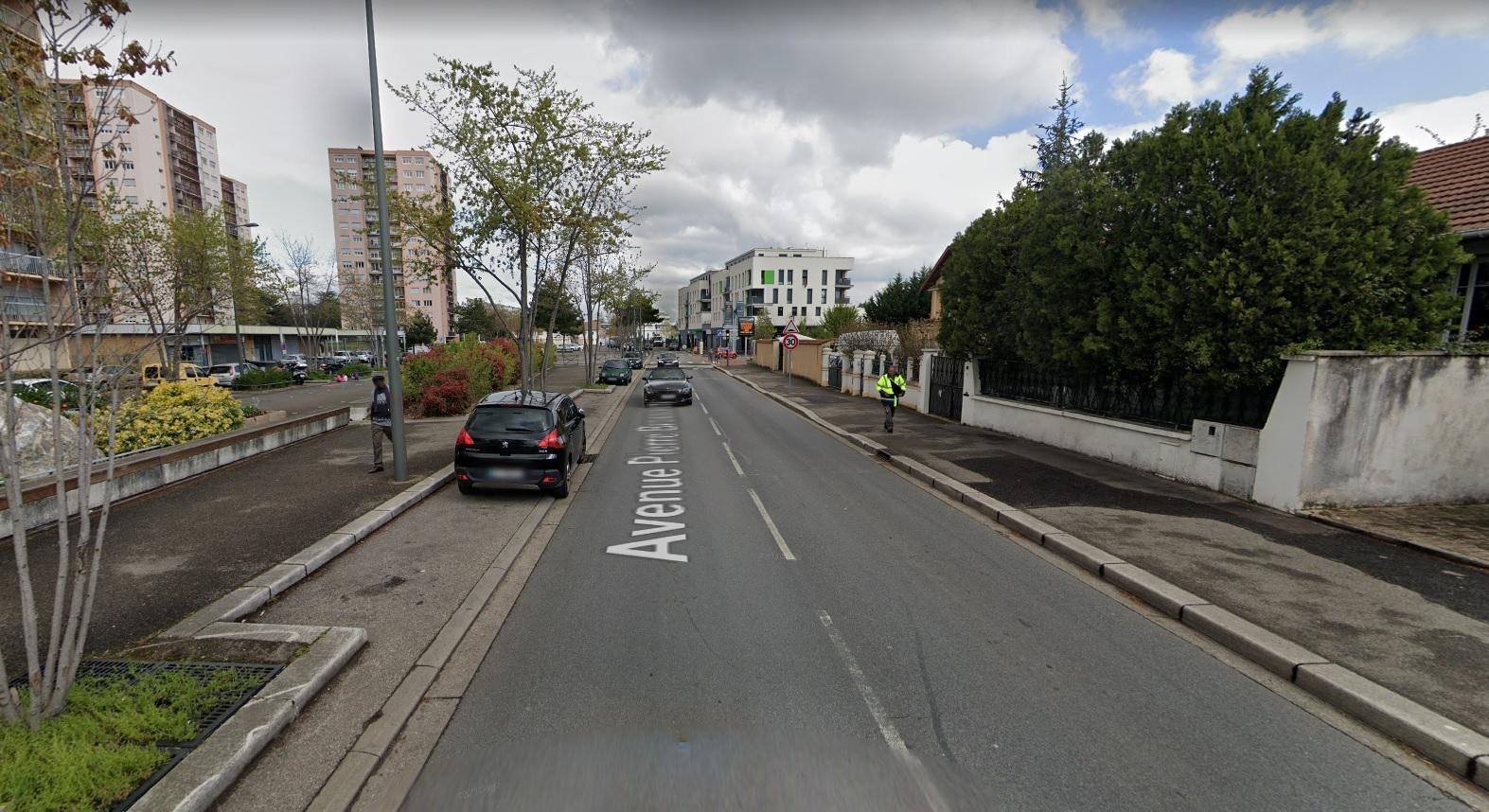Sound radars will be tested in the coming weeks in seven French communities, with fines of 135 euros in three months for vehicles that are too noisy, said the Ministry of Ecological Transition in a press release.
Six other communities will launch these radars in the coming weeks: Paris, the metropolises of Nice and Toulouse, Source in the metropolis of Lyon, and the municipalities of Rueil-Malmaison (Hauts-de-Seine) and Villeneuve-le-Roi (Val de Marne).
Radars will be first tested without finding any infringements. The aim is in particular to determine the maximum sound level, initially set at 90 decibels.
Until now, the maximum sound level was specific to each vehicle, and listed on its vehicle registration document. Only controls at a standstill enabled the police to check its compliance.
Sound radars must allow “to amplify controls and improve their efficiency“, underlines the ministry.
First sanctions in three months
At the end of three months, a second phase of experimentation may lead to 4th class fines, i.e. a fixed fine of 135 euros, reduced to 90 euros in the event of payment within 15 days.
“Noise has a very real cost for our fellow citizens“, underlined Barbara Pompili, Minister for the Ecological Transition, quoted in the press release.”Regulations already exist but the generalization of controls is an essential lever to effectively fight against this source of pollution, especially on public roads“, she added.
Exposure to noise, mainly from transport, has a “social cost” of more than 147 billion euros per year in France, particularly in terms of indirect health consequences, according to a report published in July 2021 by the National Council of Noise and Ademe (Ecological Transition Agency).
According to the WHO, noise is the second environmental factor causing the most health damage in Europe, just behind air pollution, responsible for example for 40,000 premature deaths per year in France.
The sound radar system will “be intended to be generalized throughout the national territory”, according to the ministry, subject to the adoption of a lasting legislative mechanism.
– .


